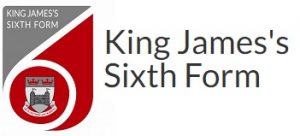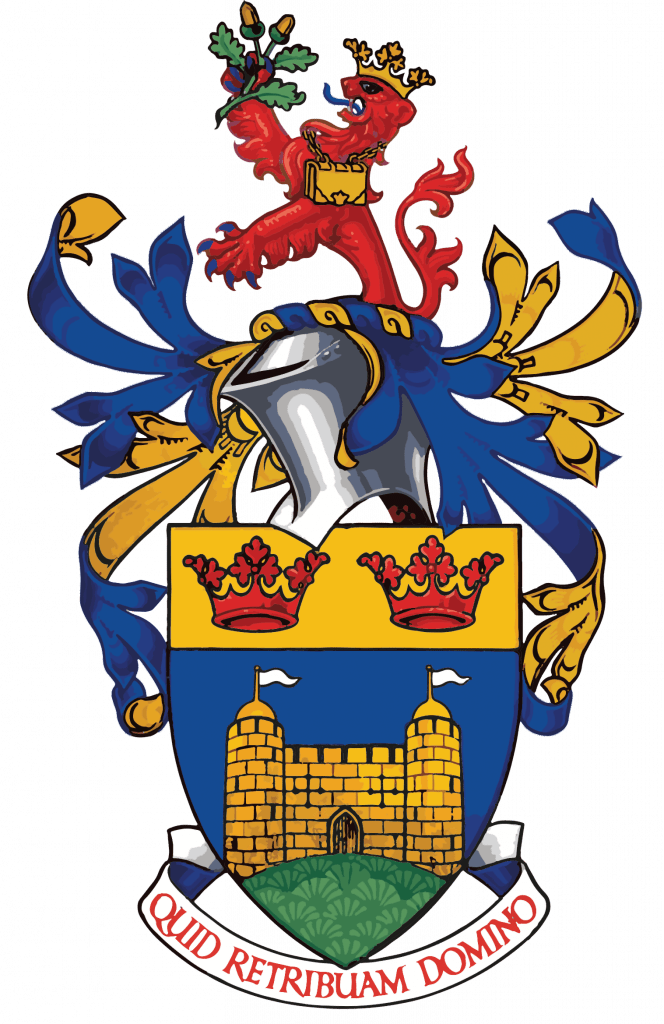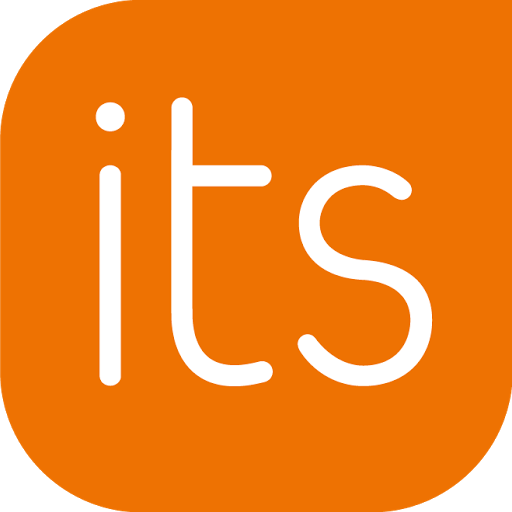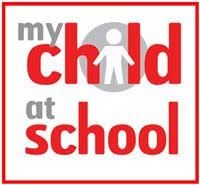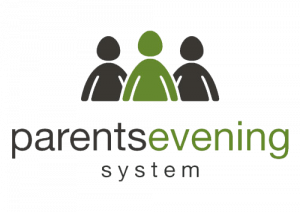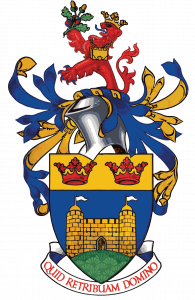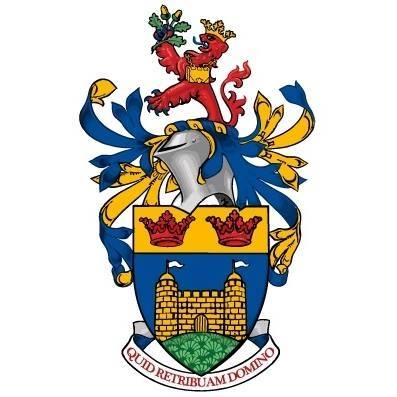Languages
French
By studying French, you’ll stand out from the crowd: 61% of the UK population don’t speak a foreign language! A language opens opportunities and widens career choices as well as employment prospects: almost 300 of Britain’s top employers believe an additional language boosts employability. Universities look favourably at language qualifications and some courses even require a language. Many scientists believe that knowledge of another language can boost your brainpower!
There are four main topic areas:
Social issues and trends
Political and artistic culture
Grammar
Works: either one literary text and a film or two texts
To get started
GCSE grade 6 in French is required.
The emphasis is on the culture and society of France or French speaking countries. An independent research topic will be assessed through the speaking test (presentation and discussion). Grammar is key throughout and there are translations into English and French). Students are expected to read and listen to French outside lessons on an independent basis.
Exam and Assessment Information
AQA – 7652
This qualification is linear and students will sit all their exams at the end of the two years. There are three papers:
Paper 1 – Listening, reading and writing
Written exam – 2 hours 30 minutes
100 marks – 50% of A Level
Paper 2 – Writing
Written exam – 2 hours
80 marks – 20% of A Level
Paper 3 – Speaking
Oral exam – 21-23 minutes
60 marks – 30% of A Level
What Next?
Potential careers: international law, journalism, travel & tourism, teaching, working in finance, design, fashion and engineering for those aiming at highly globalised industry.
German
Why study German?
By studying German, you’ll stand out from the crowd: 61% of the UK population don’t speak a foreign language! A language opens opportunities and widens career choices as well as employment prospects. Almost 300 of Britain’s top employers believe an additional language boosts employability and German is first of the top four languages rated by employers as useful to their organisation. Universities look favourably at language qualifications – some courses even require a language. Many scientists believe that knowledge of another language can boost your brainpower!
There are four main topic areas
Social issues and trends
Political and artistic culture
Grammar
Works : literary texts and/or film
To get started
GCSE grade 6 in German is required.
The emphasis is on the culture and society of Germany. Students must study either one text and one film or two texts (from a set list provided by AQA) to encourage critical thinking skills. An independent research project (IRP) will be assessed through the speaking test and an oral presentation. Grammar is key throughout and there are translations into English and German.
Students are expected to read and listen to German outside lessons on an independent basis. Furthermore, students are encouraged to take part in the exchange to Bebra, which has been running for more than 40 years.
Exam and Assessment Information
AQA – 7662
This qualification is linear and students will sit all their exams at the end of the two years. There are three papers:
Paper 1 – Listening, reading and writing
Written exam – 2 hours 30 mins
100 marks – 50% of A Level
Paper 2 – Writing
Written exam – 2 hours
80 marks – 20% of A Level
Paper 3 – Speaking
Oral exam – 21-23 mins
60 marks – 30% of A Level
What Next?
Possible careers: international law, journalism, travel & tourism, teaching, working in the highly globalisded industries of finance, design, fashion and engineering. Famous German linguists: Roger Federer, Paula Radcliffe, Hugh Laurie, Eddie Izzard, Jodie Foster and Sandra Bullock.
